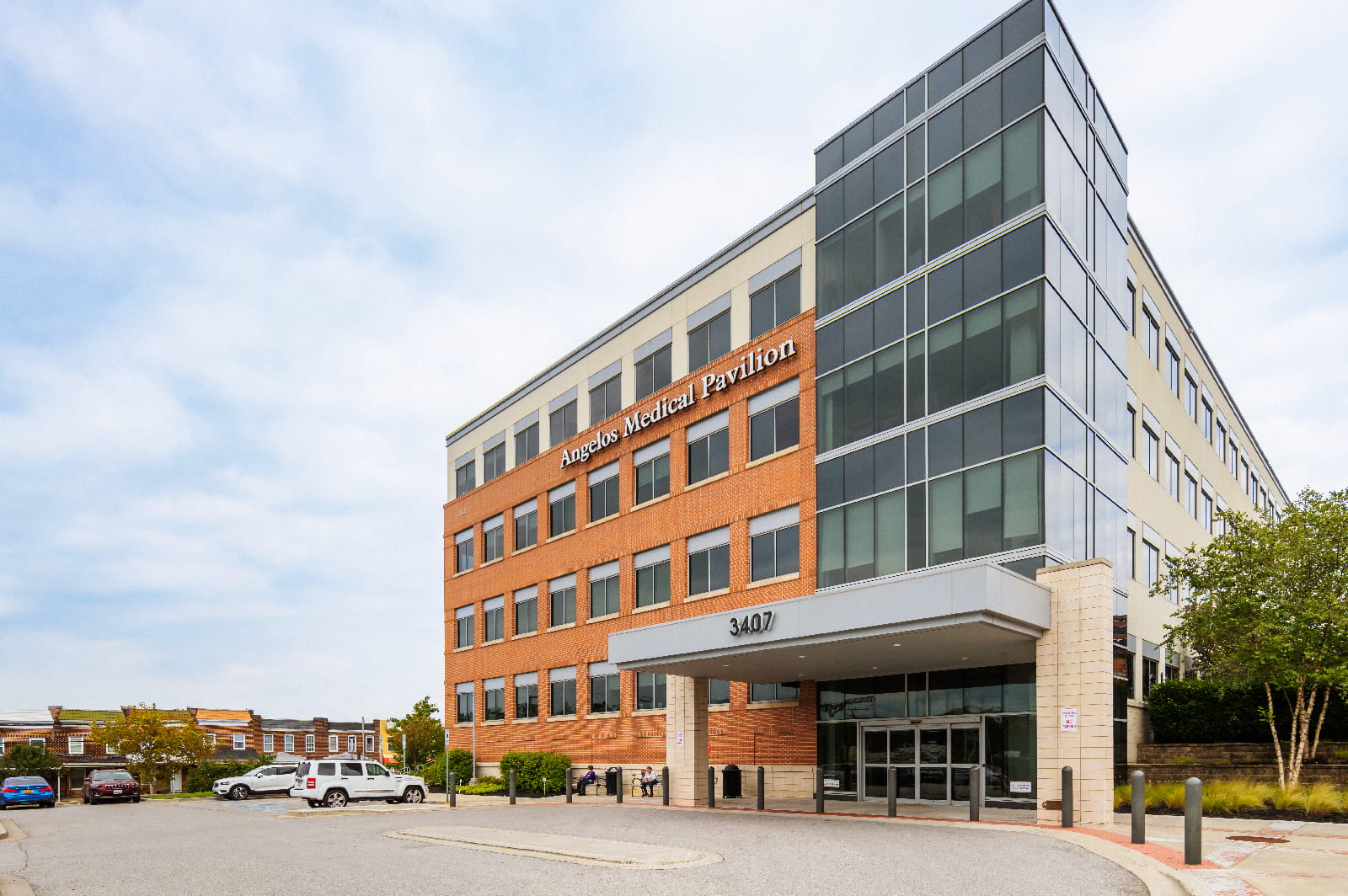
Locations
Ascension Saint Agnes Heart Care
Hours
Monday: 7 a.m. - 5 p.m.
Tuesday: 7 a.m. - 8 p.m.
Wednesday: 7 a.m. - 5 p.m.
Thursday: 7 a.m. - 5 p.m.
Friday: 7 a.m. - 5 p.m.
Saturday: Closed
Sunday: Closed
Appointments
Book an Appointment
What type of appointment would you like to book?
Vascular Services
Ascension Saint Agnes Heart Care provides a full range of care, including prevention screenings, diagnostic evaluations, tests and treatments.